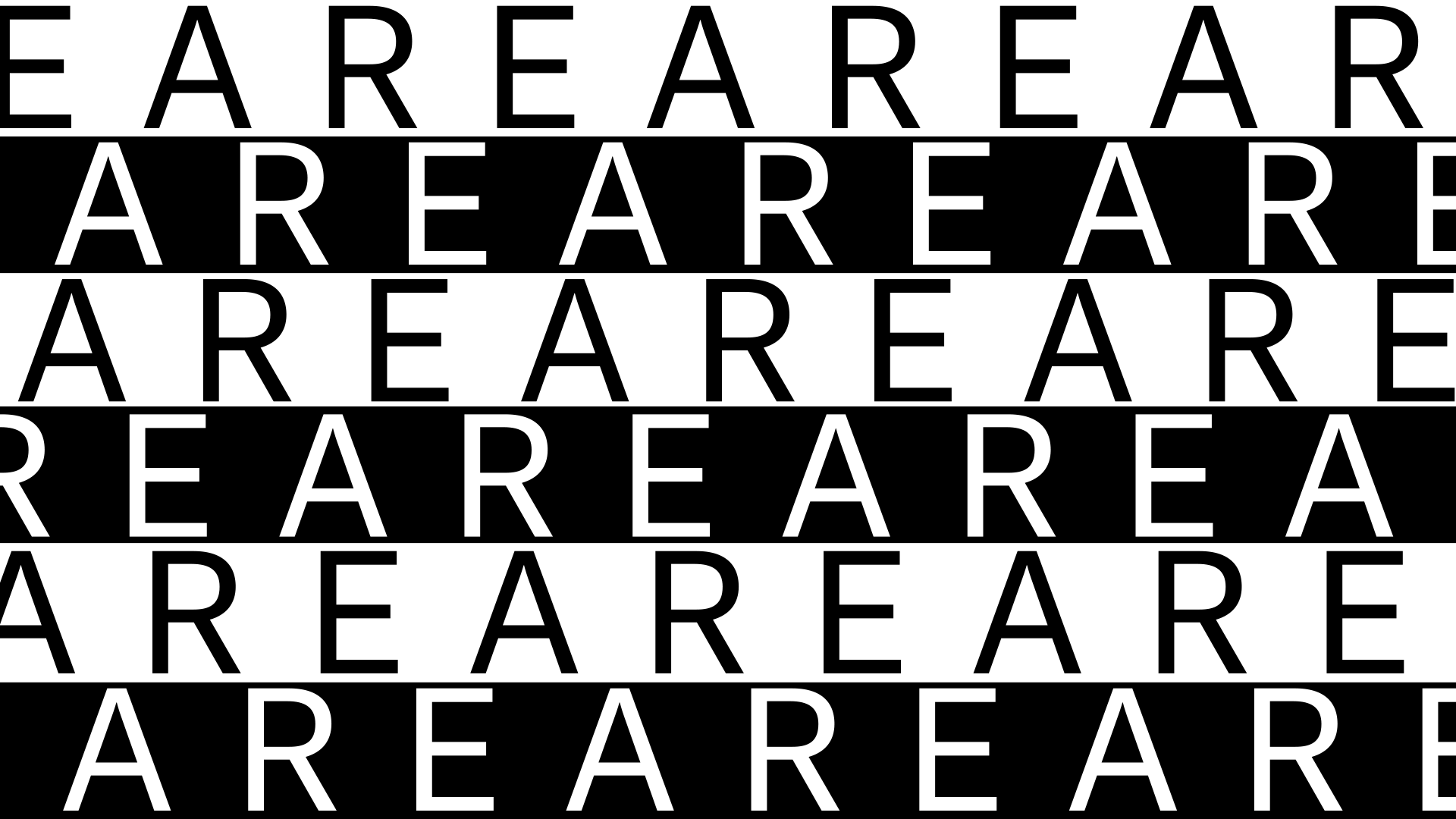Untraining the Ear: Listening Session N°2
08.12.2017 19:00
with Audrey Chen
Fee 6€
collaborators Deutschlandfunk Kultur and CTM Festival
Curation Kamila Metwaly
Co-Curation Marcus Gammel, Jan Rohlf
Production Abhishek Nilamber, Beya Othmani
Communication Jasmina Al-Qaisi, Anna Jäger
Visuals Elsa Westreicher
Research assistance Gwen Mitchell
Untraining the Ear: Listening Session N°2 presentsAudrey Chen who works with aural and oral perceptions of time and living process, which in her performances, become a narrative and nonlinear storytelling. Her collection of sound materials (as filtered through the voice and cello) form a language which is freely used to express an abstract collage of her experience, memory, history, perspective, thoughts and emotions. The material is taken experientially and through feeling and listening, even subconscious hearing, which becomes stored as an accumulated “mass” of muscle memory, knowledge and personal biography.
In performance, all this “mass” becomes expanded again through a physical, technical process/release, which is part intellectual, ritual and part primal athleticism (resembling a state similar to what Ortiz Walton describes as “concentrated listening, allowing an expansion of self through identification with the symbolic communication of the performer” (Ortiz Walton. 1972. Music: Black, White and Blue. New York: William Morrow).
Chen creates/recreates a personal sonic narration via a momentarily perceptive exchange. Beyond what we hear, she is in a constant state of internal triggering and invocation, giving voice to a physical sensation of memory and experience filtered into sound.
You can use the words extended technique, experimental but I feel they are inappropriate. What I use are extensions of a technique but they are also an audible process of myself trying to find sound inside and through my body.
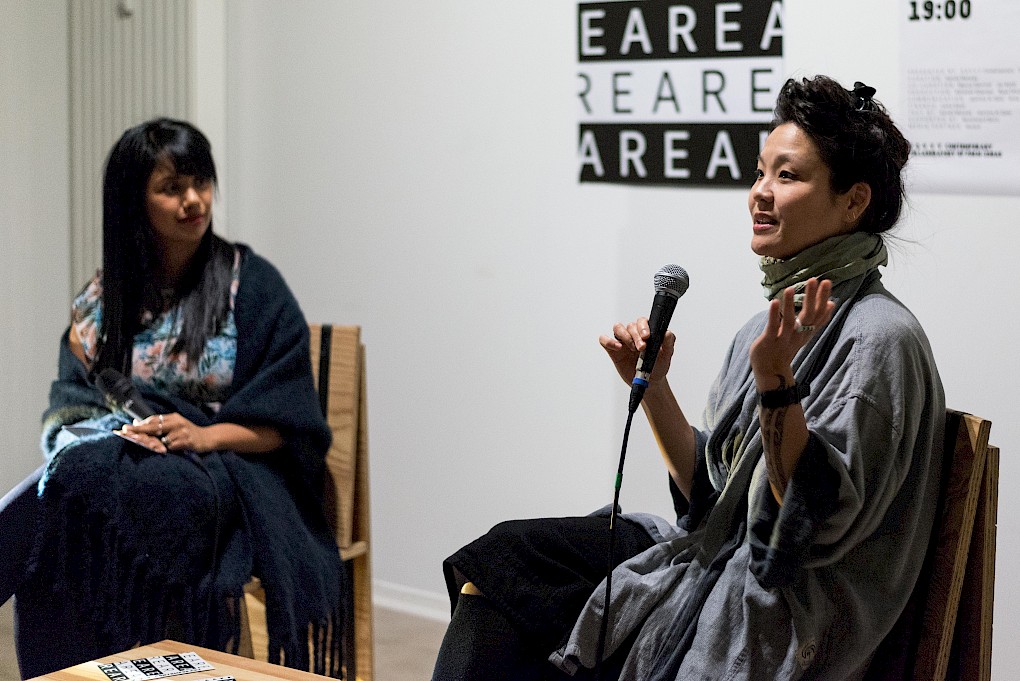
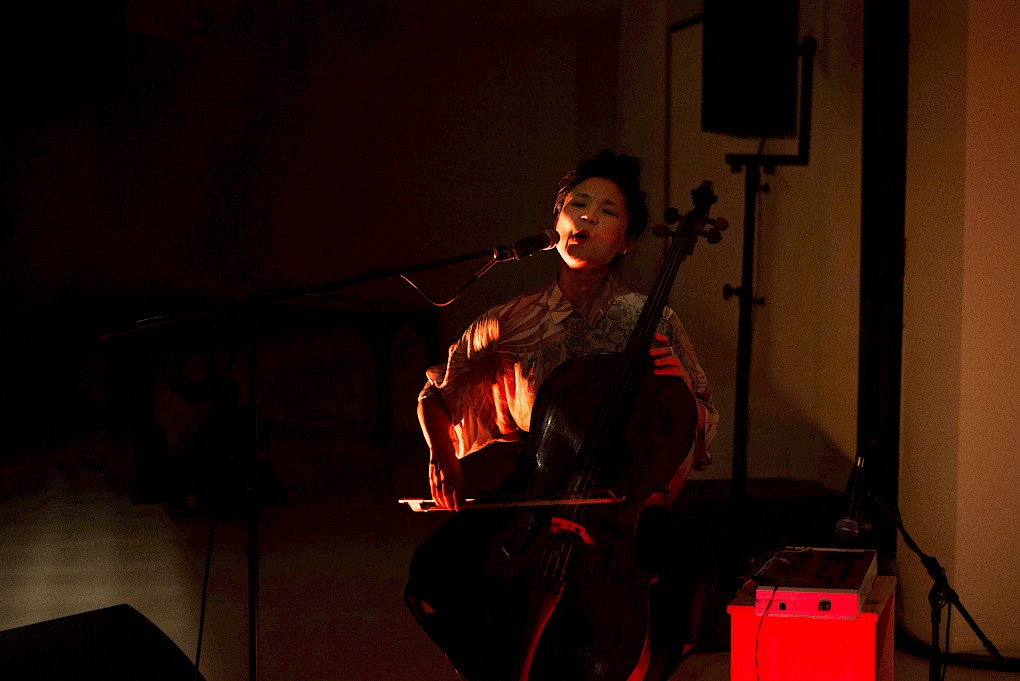
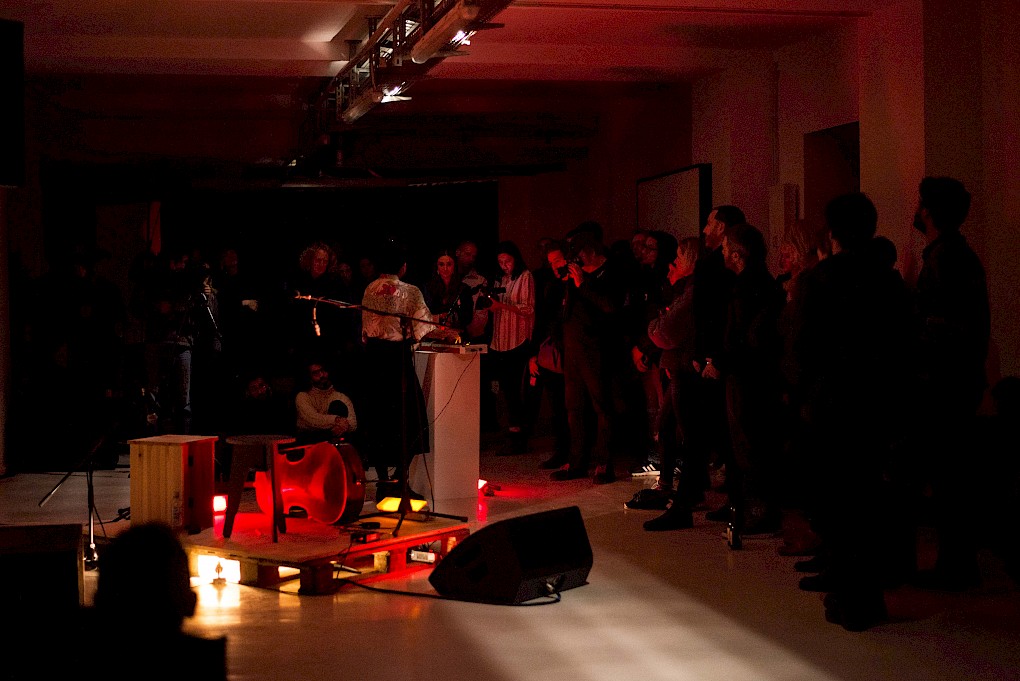
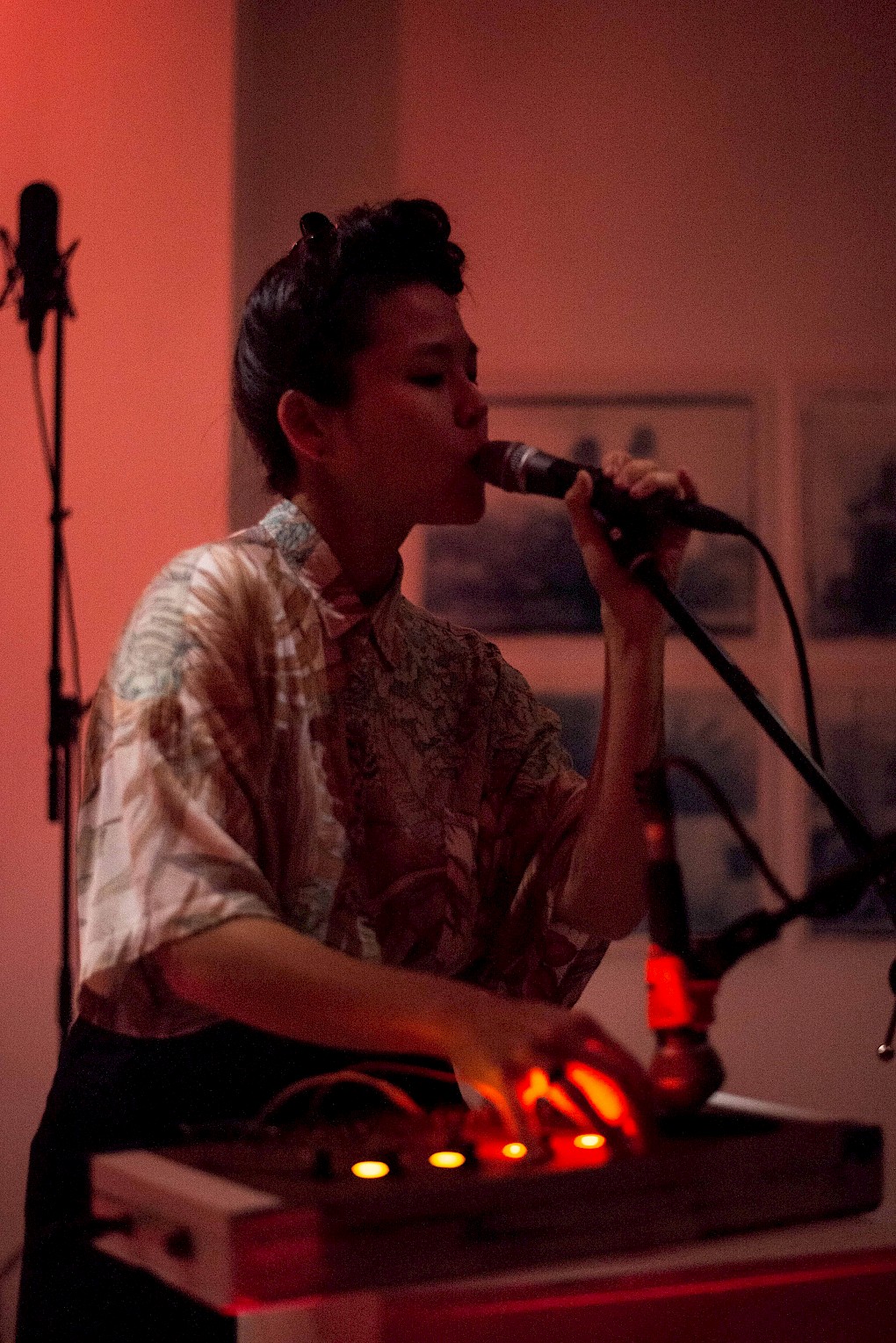
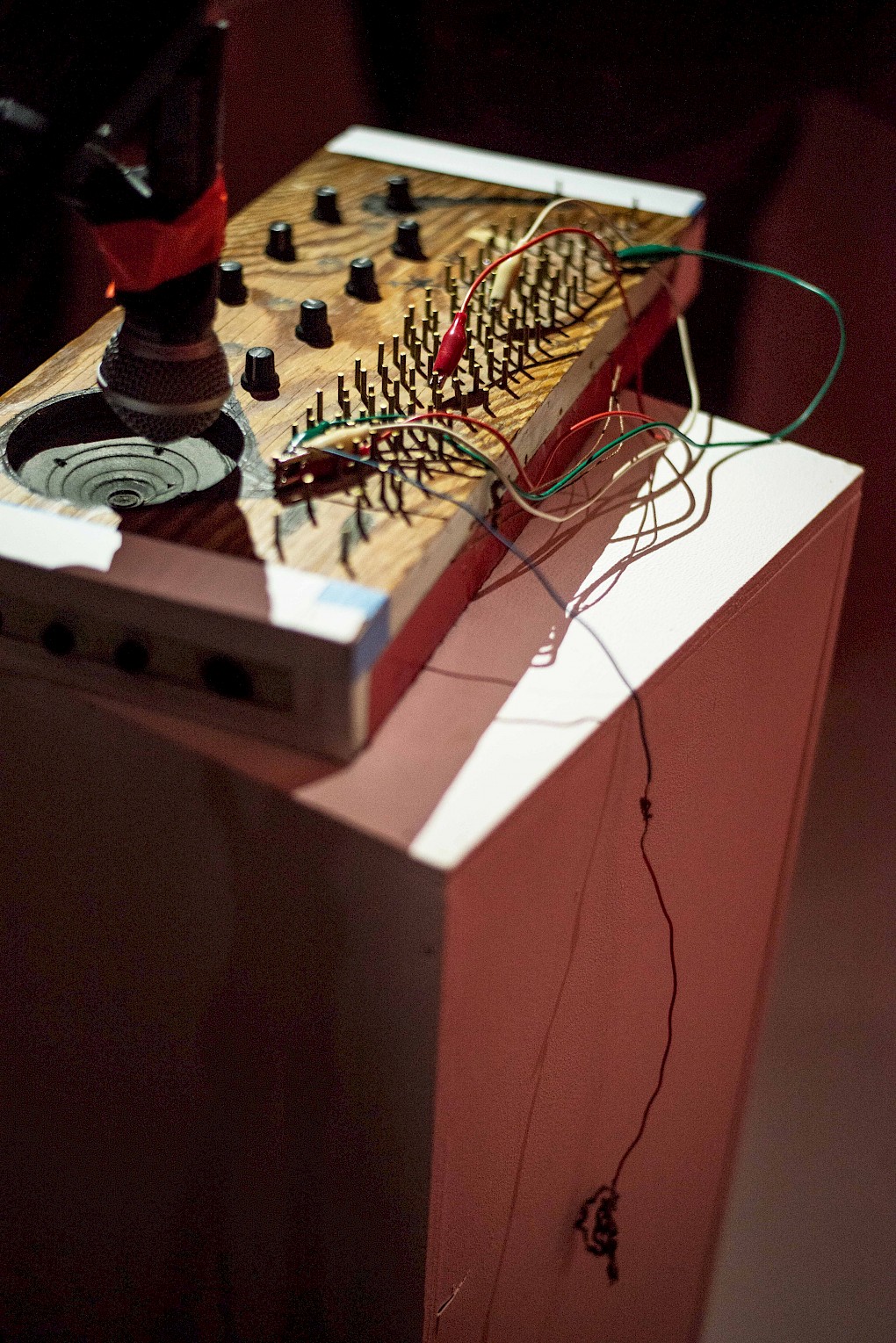
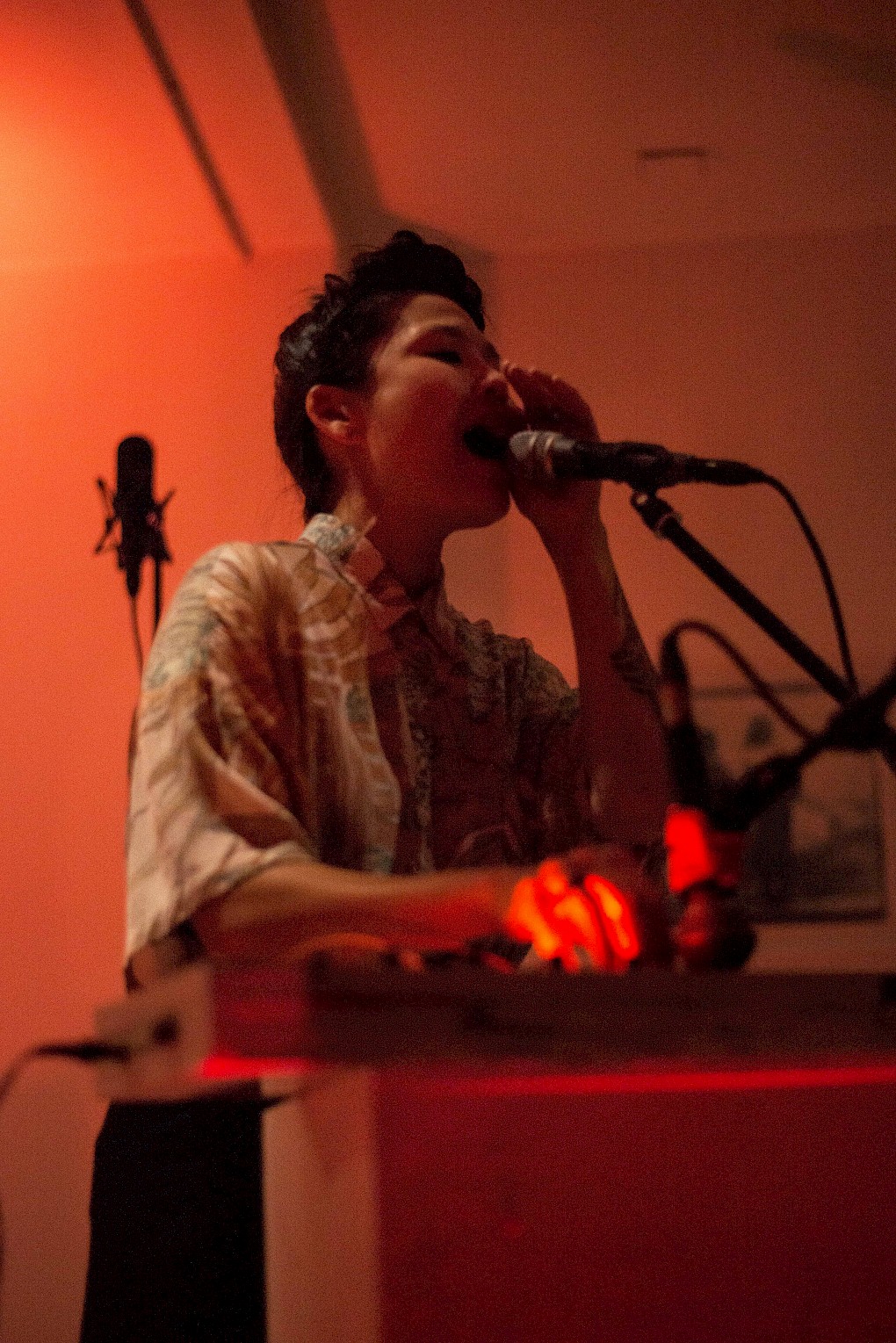
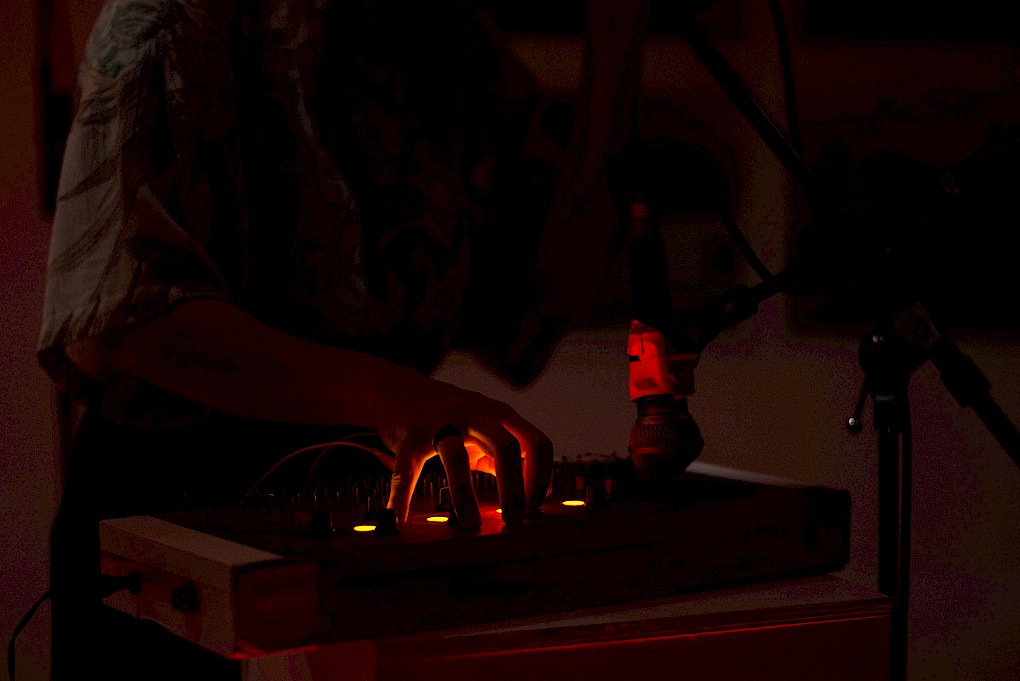
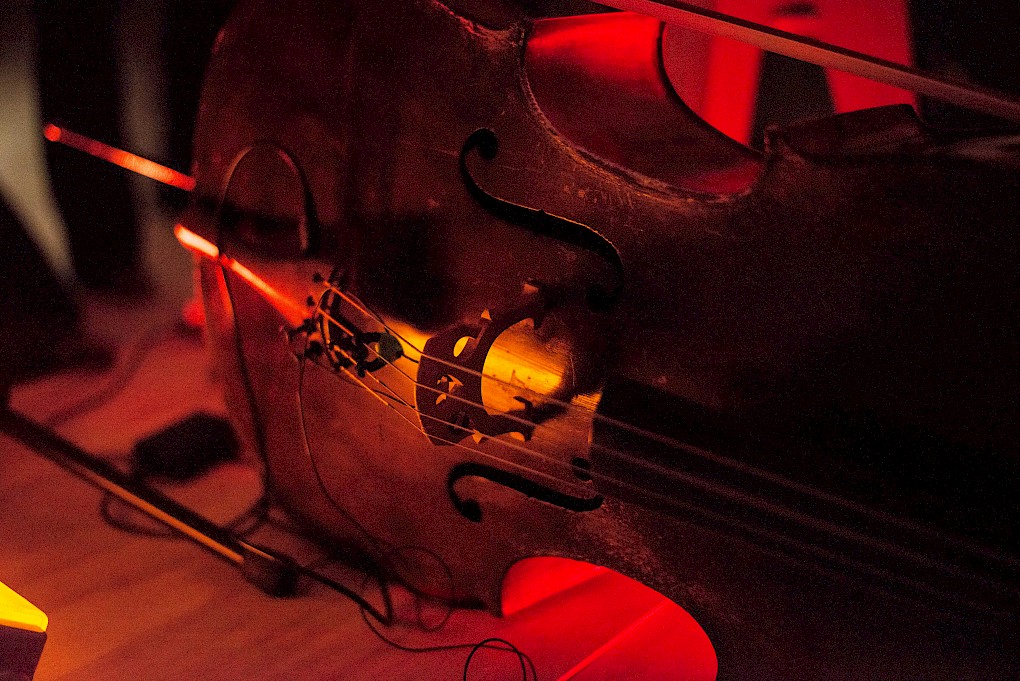
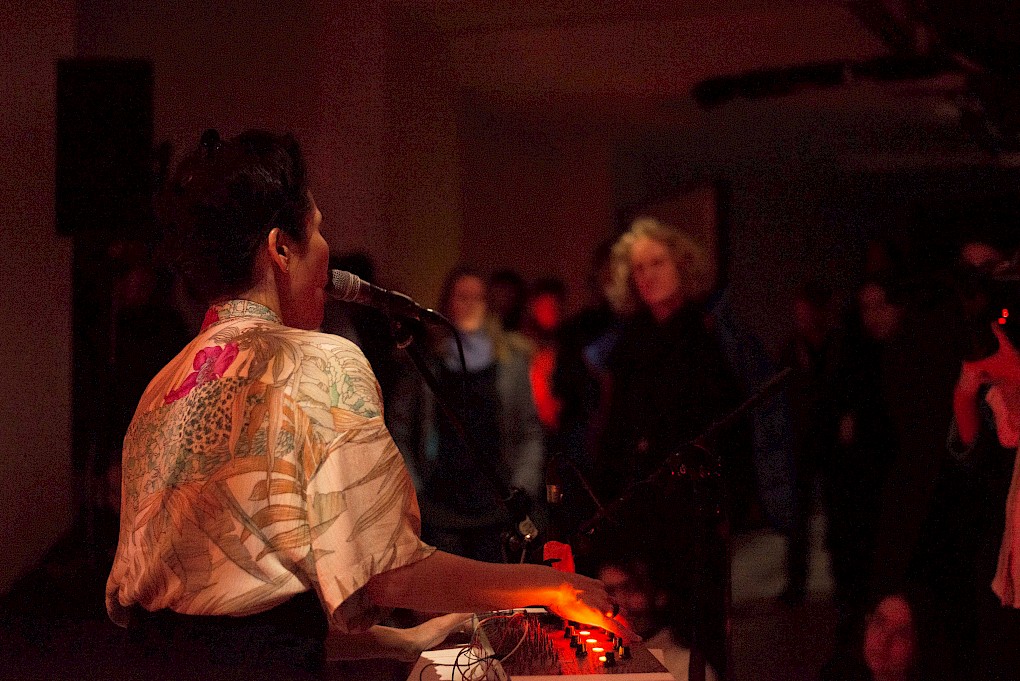
Having engaged for over 30 years with voice and cello, she has learnt to approach the instruments and understand the physical mechanical capabilities of both beyond the classical aesthetic tradition. In later years, she has broadened in scope and deepened her comprehension of how these instruments have become an extension of her own inherent language.
This evolution is less about education and technique, or even the instruments themselves, but is more about decisions and how in making them, creates the essence of process. The process is inherently tied to the passage of time and all experiences accumulate and become inclusive. Chen is a do-er. She doesn’t create per se but she is continually living and her performances reflect this state of doing and living. She breathes, desires, dreams and manages–as improvisation–on a daily basis. The moments of performance only punctuate and hold in a momentary suspension, her reflection upon that which she has some small influence but is happening already and moving without her.
Her practice tells a story of un-learning, de-skilling and re-negotiation of language through sound. It tells of her negotiation of life as it passes, a young single mother growing into an older one, an inexplicable love for a son now on the brink of manhood, a second generation Taiwanese/Chinese American now living in Europe, a woman looking inside of herself for what is essentially human and female while wrestling the currents of judgement, expectation and assumption–from history to future, and how everyday she is relieved to be still capable of doing.
For Chen, daily routine and movements also become an incentive for accumulating mundane junctures (in support of everything else) essential in daily life are in equal measure brought into her performances. Through a reification of a performative kind, the voice becomes material, turning ultimately into an sonic endeavour always under construction.
You have all your years of preparation and all your sensibilities and your prepared means but it is a leap into the unknown.
Can Chen’s self-illustrated ability to open up all (her) body’s pores to use them as receptive listening organs inspire us to listen to the sacrosanct soundscapes in real-time through nonlinear receptiveness? Then, would we, as audience, be able to reevaluate both the conditioned self and the communal one as a part of our socio-political sonic pasts? In SAVVY Contemporary, such discussions will put at ease assumptions and sensationalist postulates around the existence of biographies, nationalities, genders and challenge the idea of needing empirical proof in an attempt to disentangle already institutionalized preconceptions.
Support Musicboard Berlin
Media Partner Norient

